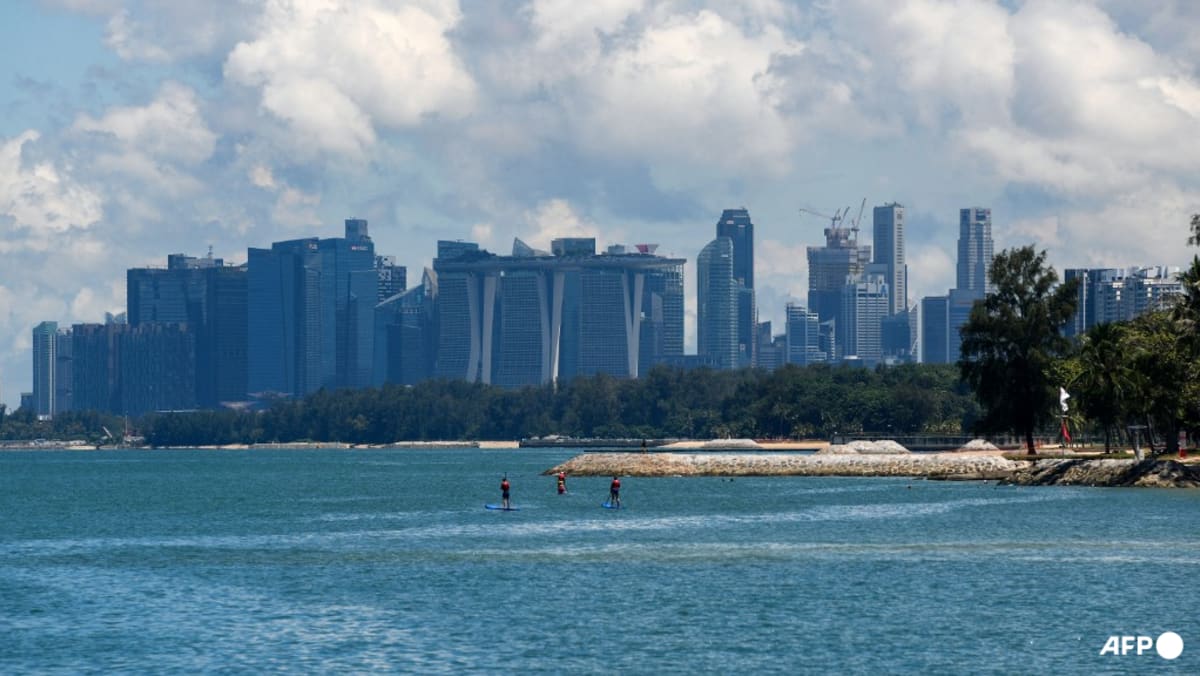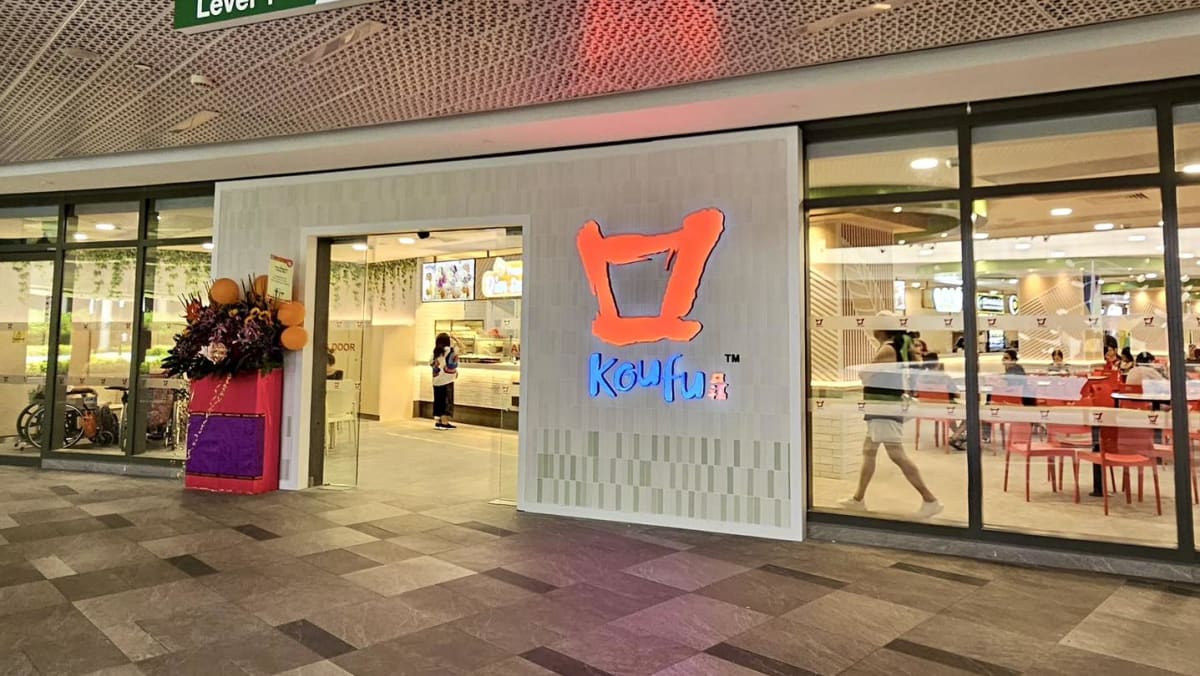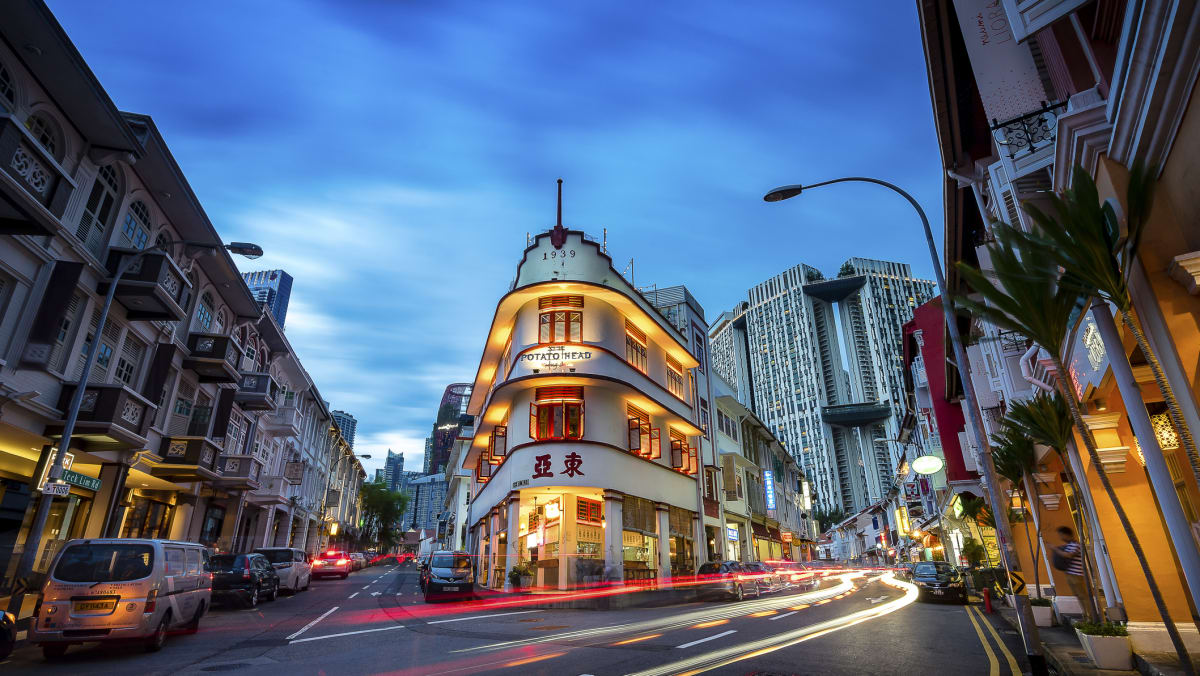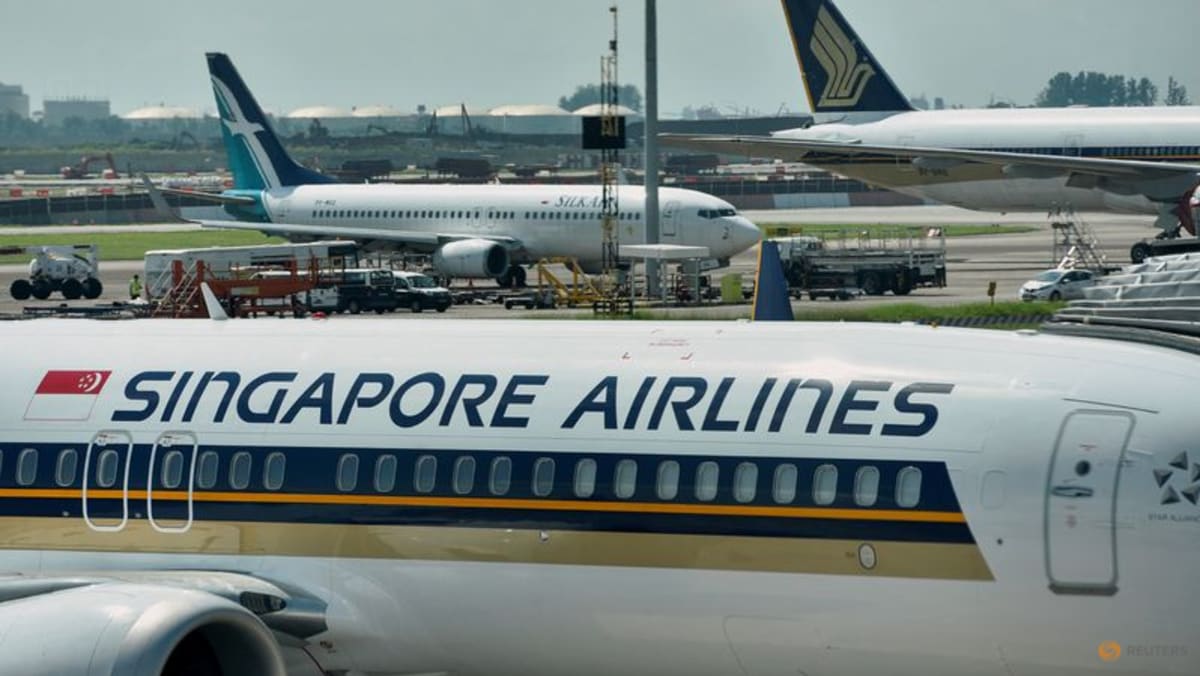EMPLOYMENT GROWTH SLOWED
Singapore’s total employment continued to grow in 2024 although the growth slowed.
Total employment growth in 2024 is expected to be 45,500, lower than the 78,800 increase in 2023, when the number of work permit holders rose significantly.
Resident employment grew in 2024 after registering a decline in the previous year.
In 2024, more residents were employed in higher-skilled sectors including professional services, financial services as well as in health and social services.
“On the other hand, non-resident employment growth moderated in 2024 compared to 2023, with hiring in construction driving up employment of work permit holders,” said MOM.
Total employment growth fell in the fourth quarter to 8,700 from 22,300 in the third quarter. However, this was still higher compared with the last quarter in 2023, when it was 3,900.
Demand for residents in growth sectors remained strong, with employment increases in key sectors such as professional services, financial services, and health and social services.
“There was also an uptick in retail trade due to year-end seasonal hiring, following declines in earlier quarters,” it added.
Similar to past quarters, non-resident employment growth was largely driven by the construction sector, where employers are unable to find enough resident workers to fill positions.
Non-resident employment declined in outward-oriented sectors such as information and communications, and insurance services.
OUTLOOK
With the improving economic environment, Singapore’s labour market is expected to maintain its growth trajectory going forward, said MOM.
Polls by the ministry showed that the proportion of companies expecting to hire more workers rose from 43 per cent in September to 46 per cent in December.
About 32 per cent of companies polled in December said they planned to raise wages, doubling from 16 per cent in September.
“Nevertheless, given the sustained uncertainty in the global economy, employers and workers need to press on with transformation and upskilling to adapt to changes and seize new opportunities,” said MOM.
It noted that employers need to recognise increasing manpower constraints as the resident workforce ages and shrinks in the longer term.
“With an already high resident labour force participation rate by international standards and low resident unemployment, there is limited headroom for resident employment to keep expanding,” said the ministry.
“Employers need to maximise the potential of their employees by investing in human capital development.
“To maintain Singapore’s economic competitiveness and complement our resident workforce, we will need to remain open to foreign investments and global talent, which will in turn generate more opportunities for local businesses and quality jobs for Singaporeans.”





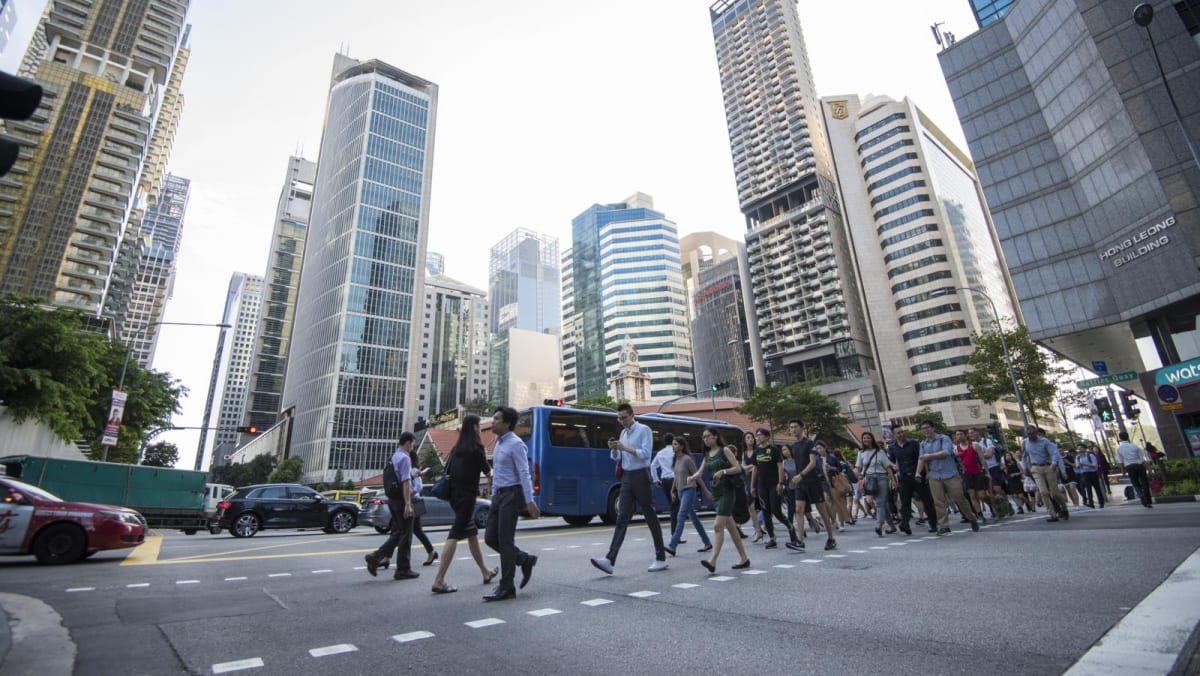
.jpg?itok=fNlVdEdq)


